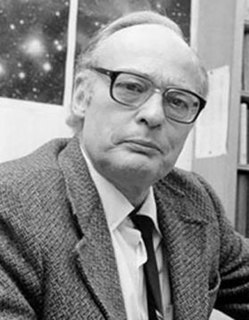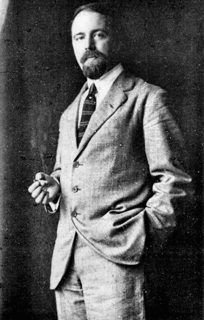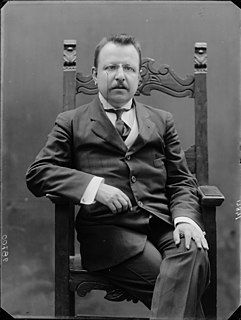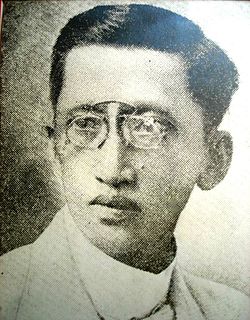A Quote by Jill Lepore
History is the art of making an argument about the past by telling a story accountable to evidence. In the writing of history, a story without an argument fades into antiquarianism; an argument without a story risks pedantry. Writing history requires empathy, inquiry, and debate. It requires forswearing condescension, cant, and nostalgia. The past isn’t quaint. Much of it, in fact, is bleak.
Related Quotes
Writing of history is our only heuristic principle. The Germans have a word for it, einfühlen. It is the ability to experience the past in the present and to recreate it. In my books, I have tried to recreate it in the most natural way possible: History must be integrated into the story without the weight of premonition.
Until recently we’ve only been able to speculate about story's persuasive effects. But over the last several decades psychology has begun a serious study of how story affects the human mind. Results repeatedly show that our attitudes, fears, hopes, and values are strongly influenced by story. In fact, fiction seems to be more effective at changing beliefs than writing that is specifically designed to persuade through argument and evidence.
They say that 'history is an argument without end.' In Thompson's skillful hands, this momentous argument between two old friends on the most critical issue of the last century is thus history at its best. Thompson's judicious and delicious depiction of Nitze and Kennan will fascinate anyone who cares about the Cold War or the ways that human beings shape the future.
Here is the cosmological proof of the existence of God - the design argument of Paley - updated and refurbished. The fine tuning of the universe provides prima facie evidence of deistic design. Take your choice: blind chance that requires multitudes of universes or design that requires only one.... Many scientists, when they admit their views, incline toward the teleological or design argument.
I feel history is more of a story than a lesson. I know this idea of presentism: this idea of constantly evoking the past to justify the present moment. A lot of people will tell you, "history is how we got here." And learning from the lessons of history. But that's imperfect. If you learn from history you can do things for all the wrong reasons.
Sure, I went through my 'J'accuse' phase. I was so angry for so long, I could hardly have a conversation without getting into an argument. And it was only when I felt I could finally distance myself from my past that I began to write about what happened - not just to me, but to lots of young people. I think my story is a cautionary tale.
Today’s events are tomorrow’s history, yet events seen by the naked eye lack the depth and breadth of human struggles, triumphs and suffering. Writing history is writing the soul of the past… so that the present generation may learn from past mistakes, be inspired by their ancestor’s sacrifices, and take responsibility for the future.







































